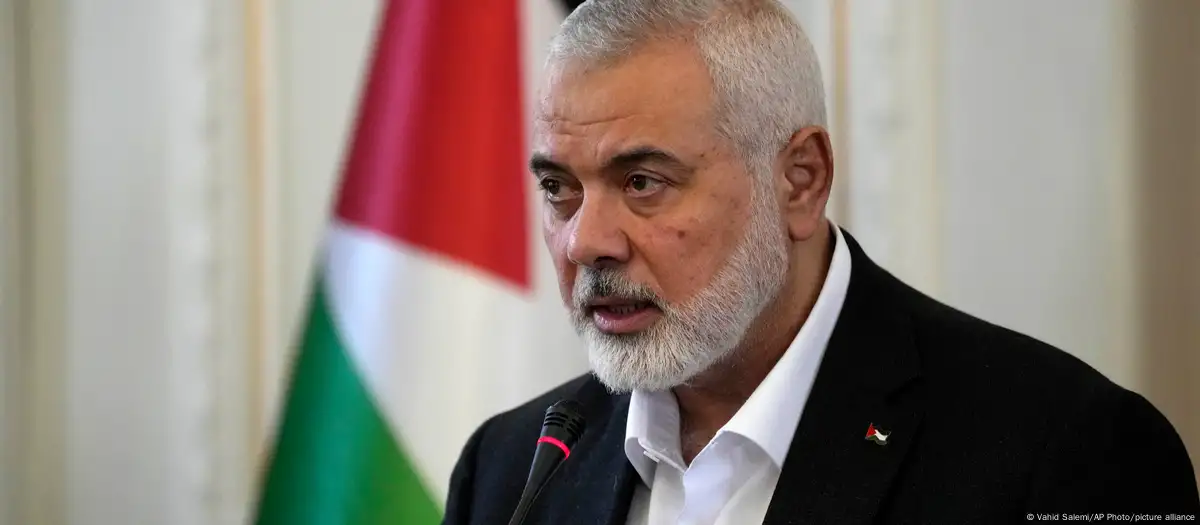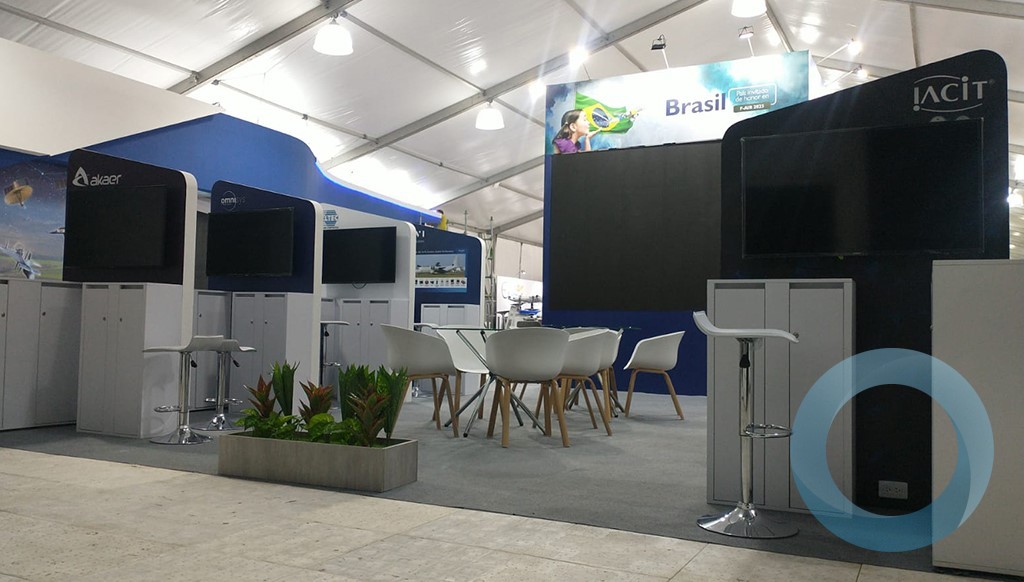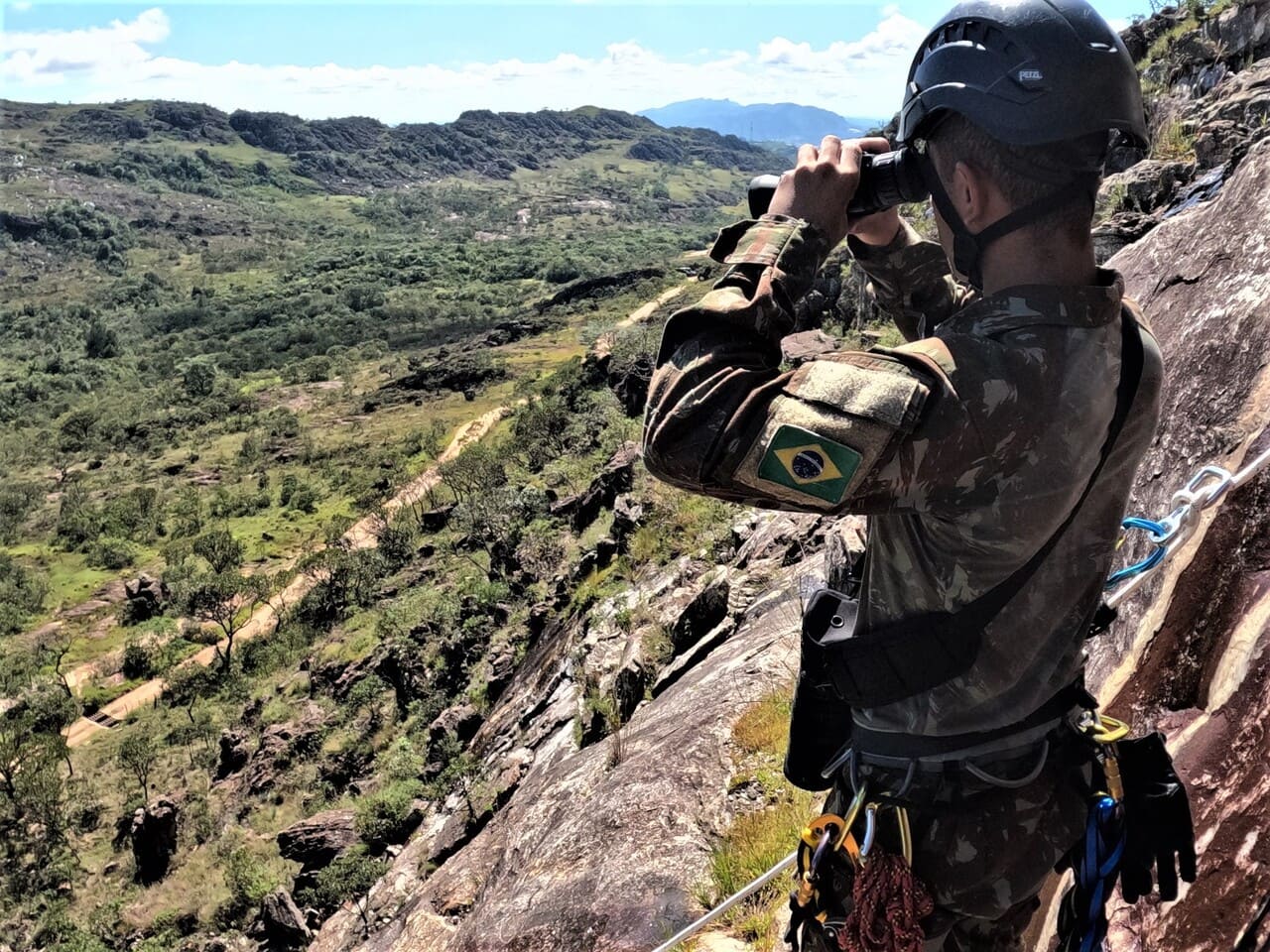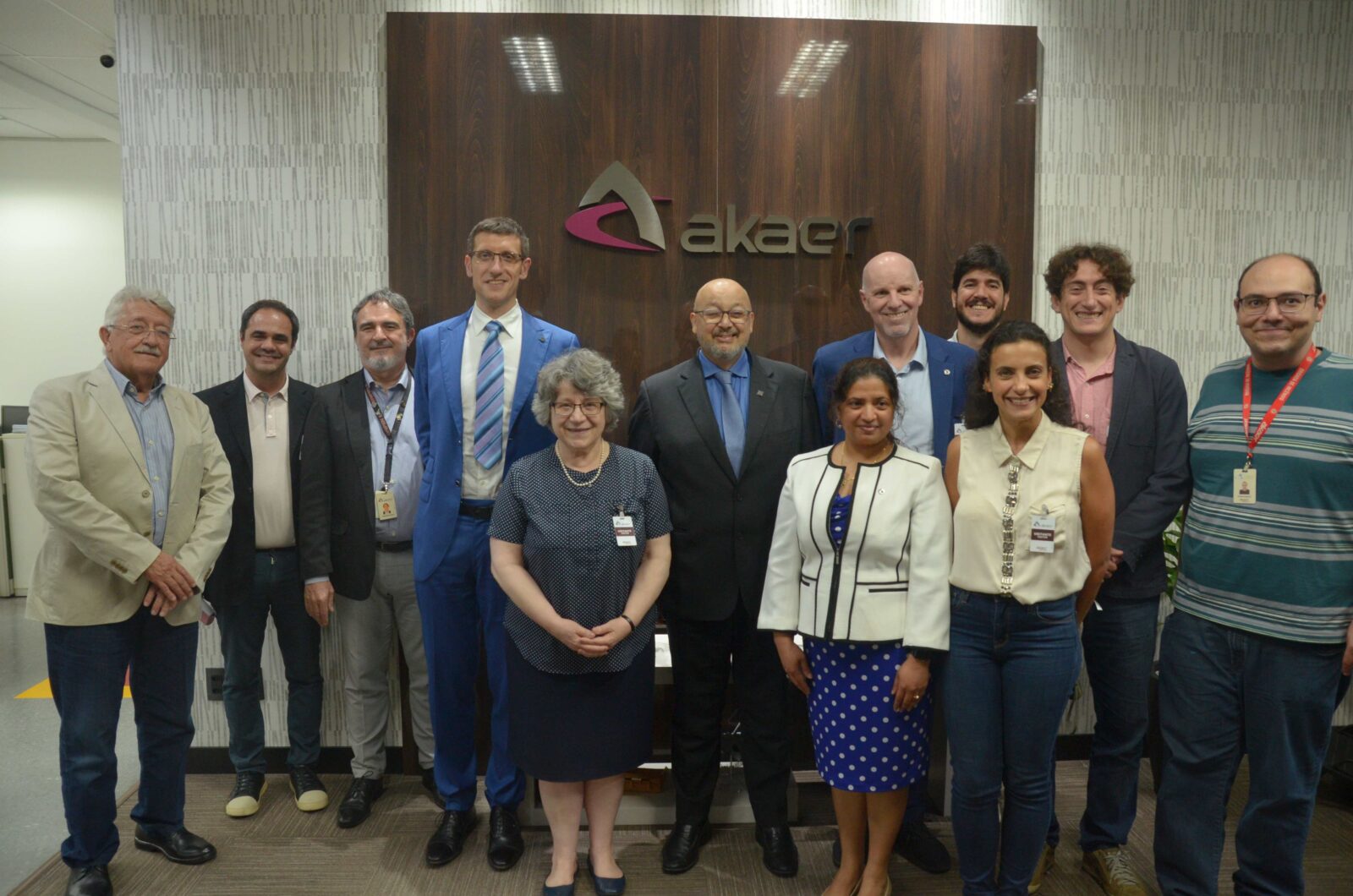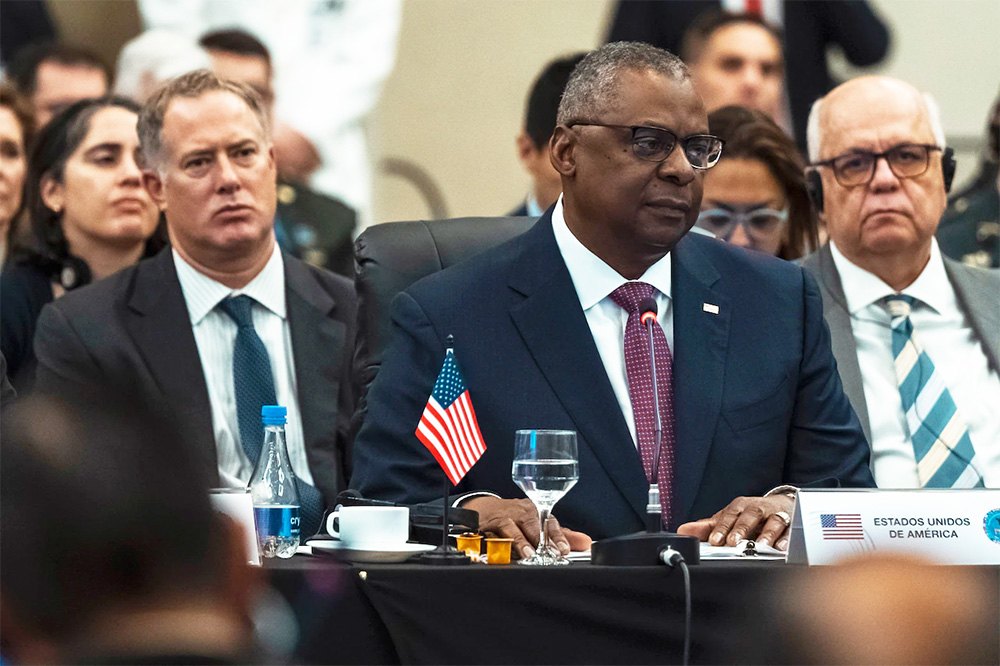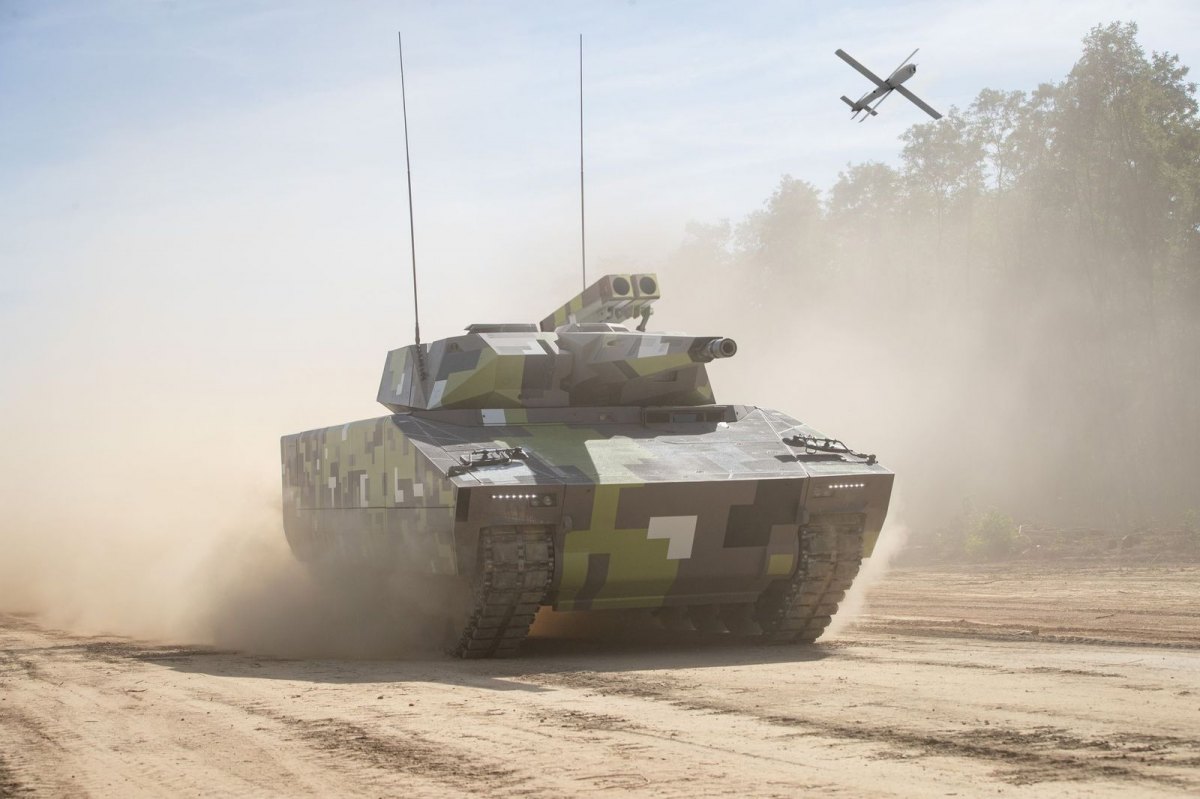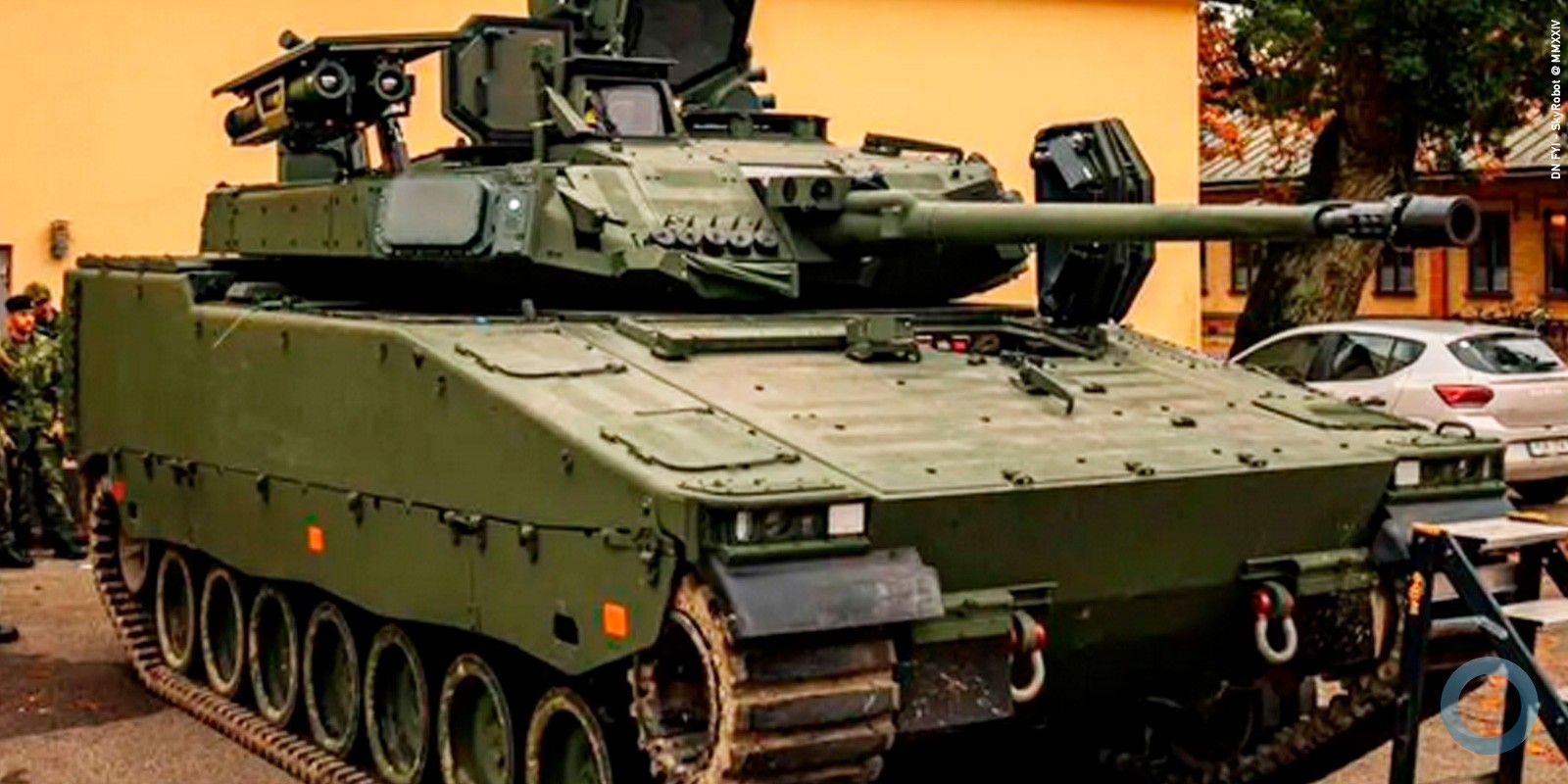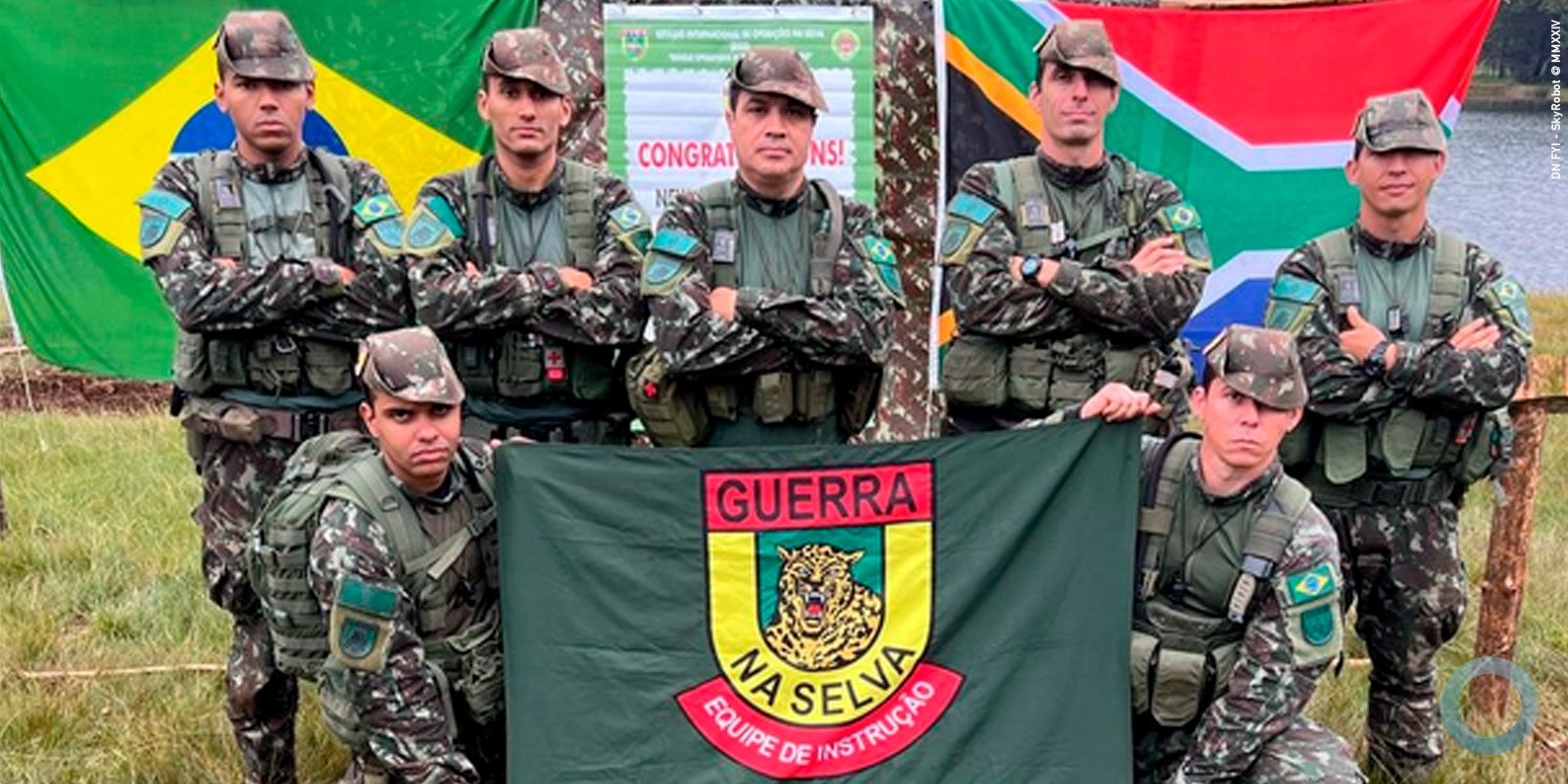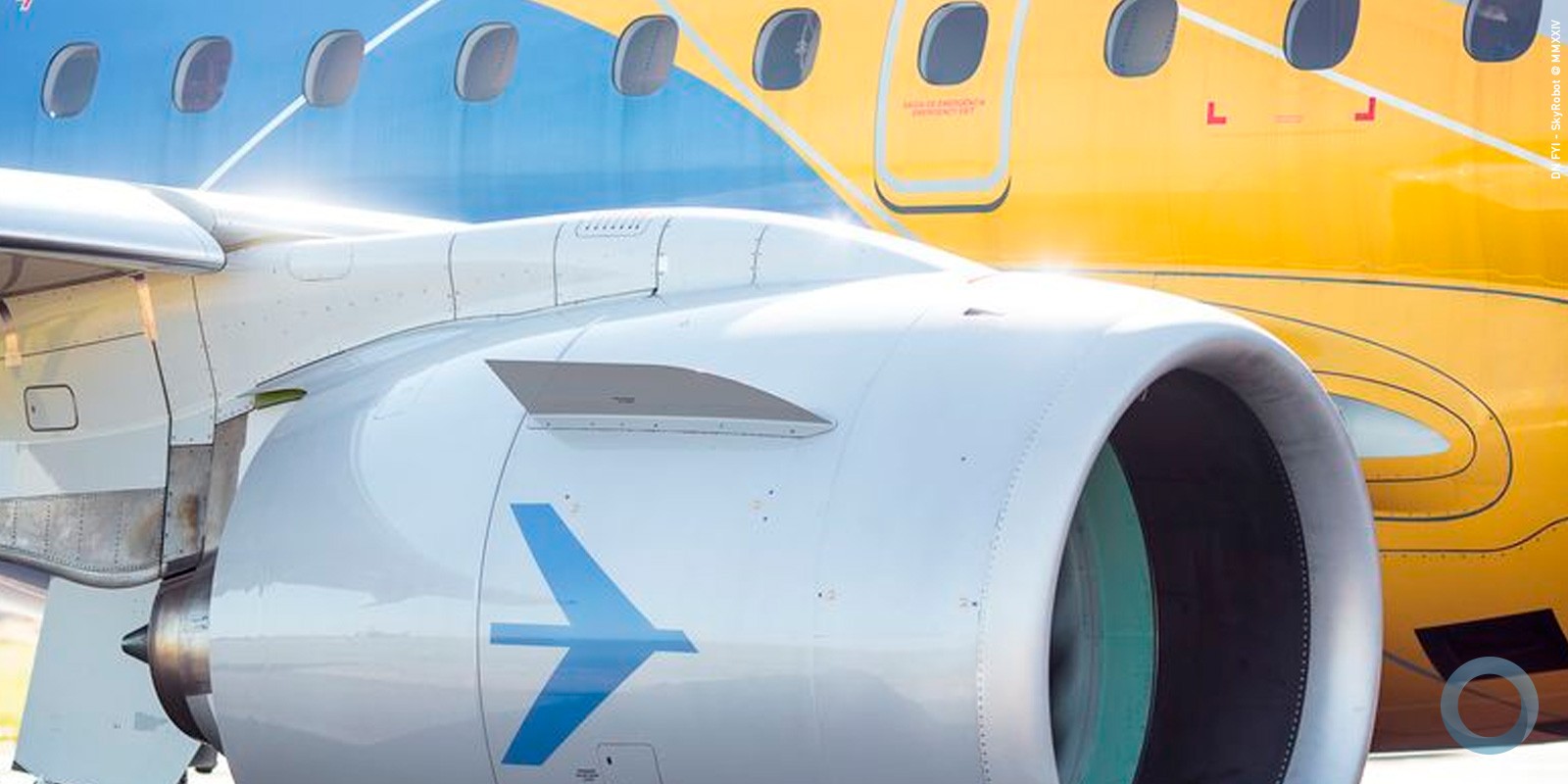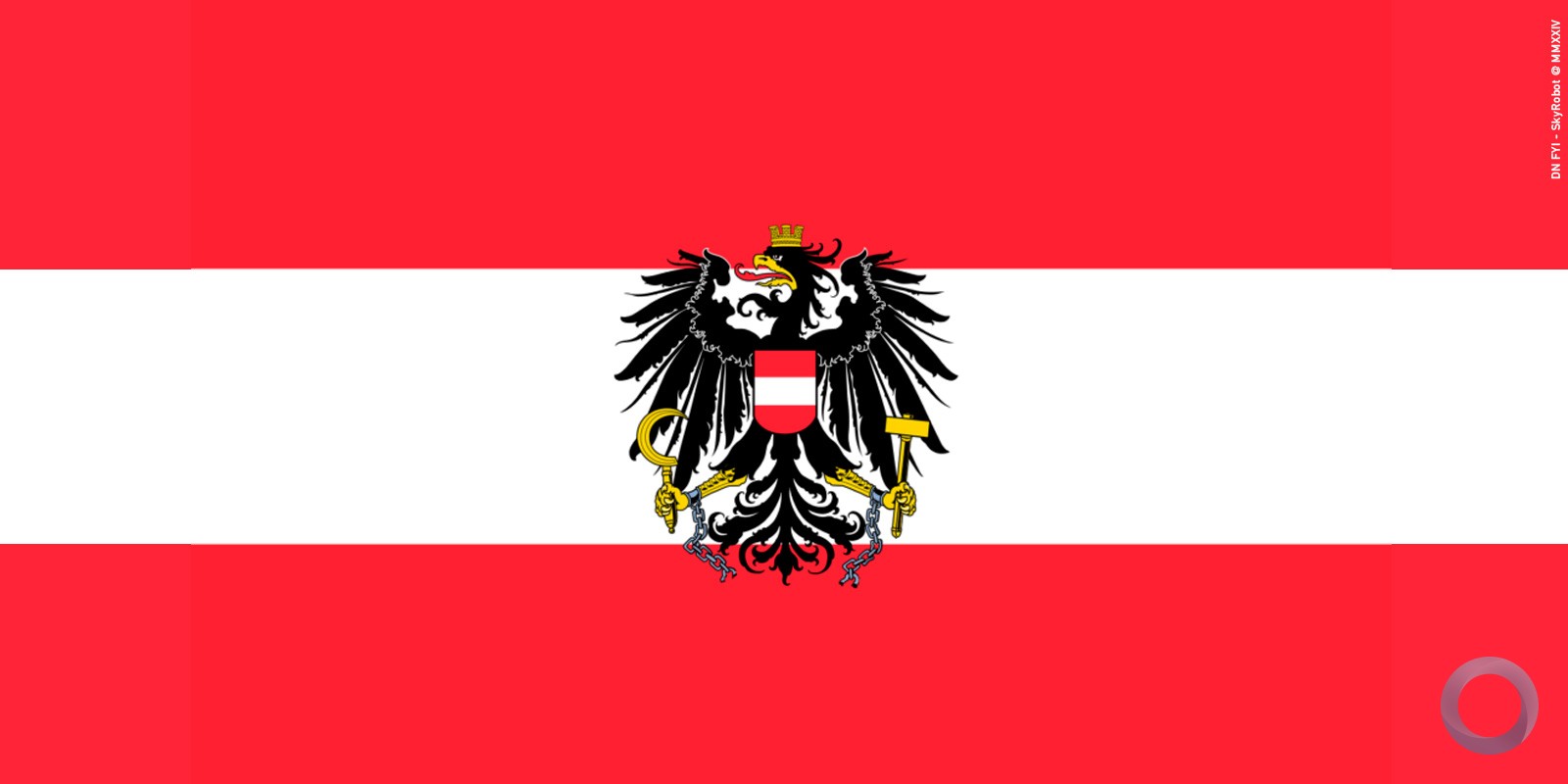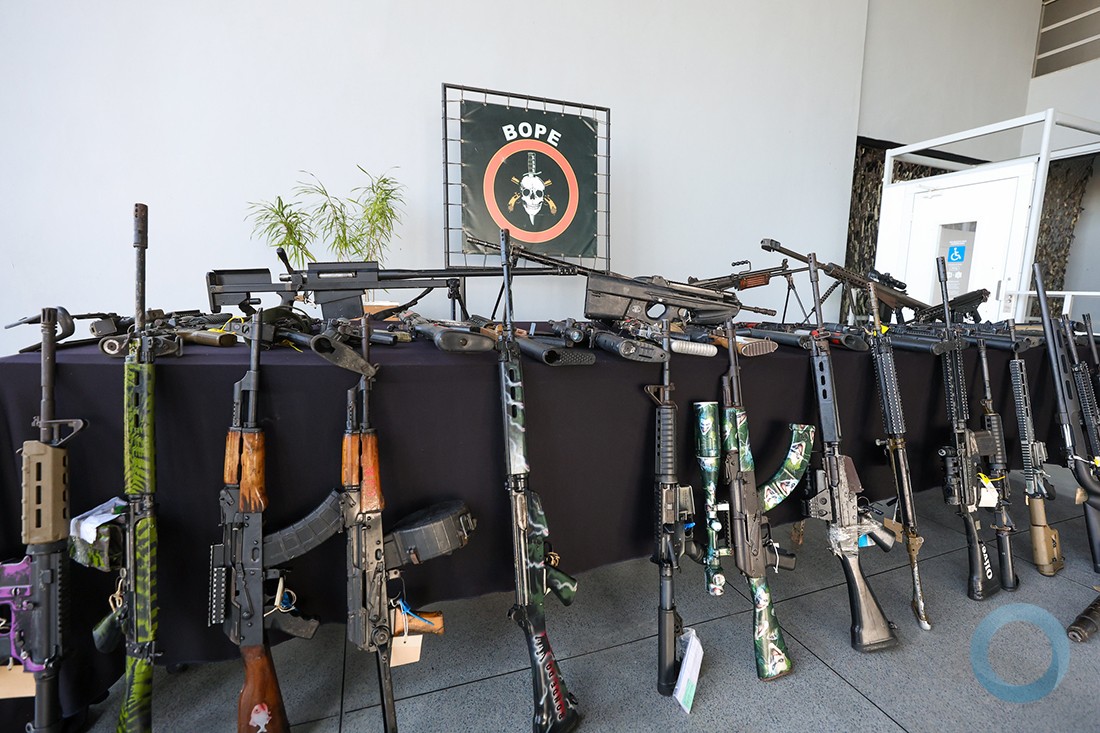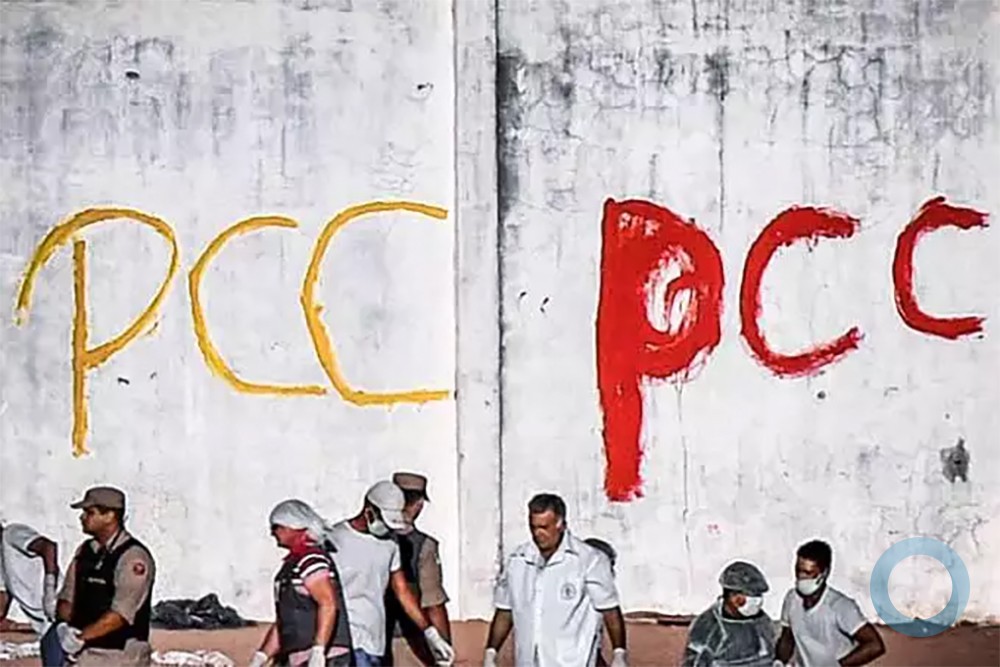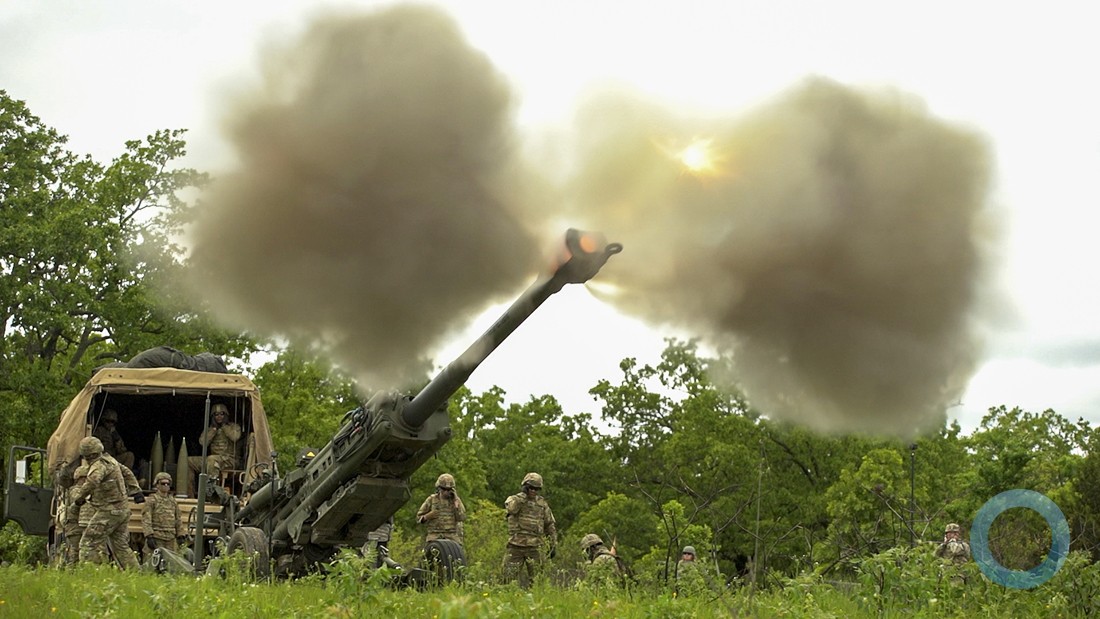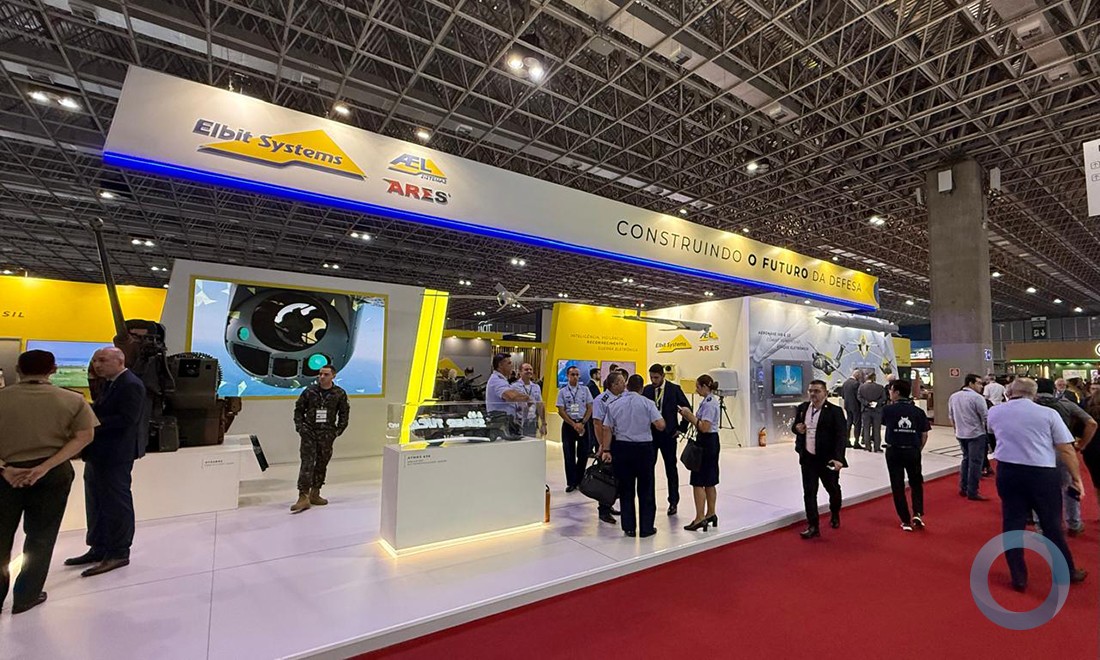DefesaNet Editorial
A lifeline?
August 11th, 2015
The Brazilian Association of Defense and Security Materials (ABIMDE, in Portuguese), presents tomorrow (12th) to the public the study “Chain of Value and socioeconomic importance in Brazil”, conducted by FIPE and approved by economist and professor Dr. Antônio Delfim Netto.
During the same event, ABIMDE will celebrate its 30th anniversary at the Brazilian Army’s Southwest Military Command headquarters. Defense Minister, Jaques Wagner and military commanders are expected to attend the festivities.
The Association has put quite an effort in showing that investment in the defense sector and our defense industry base (BID) can return up to four times the original amount, as stated in a preview of the FIPE study during the launching of the National Defense Joint Parliamentary Front.
Our government, however, has been taken contradictory measures on different areas: economic, politics, executive and military.
The last event attended by President Dilma Rousseff during her Estate visit to the United States was a meeting at NASA’s Ames Research Center on July 1st in Moffet Field, CA. The meeting was attended by important players of the aerospace and defense sectors that have business in Brazil.
The Brazilian President was welcomed by Boeing representatives, and among the companies that took part on the event there were: GE Rockwell Collins, UTC, Honeywell, Parker and Caltech. As well as the “Brazilian-American EMBRAER. All parties discussed how governments, industry and universities could work together to bring innovation into the defense market. Another subject were the expectations for the sector to grow in the next years.
The main point, however, was a presentation especially for President Rousseff and the Brazilian delegation, which included Defense Minister, Jaques Wagner, Science, Technology and Inovation Minister, Aldo Rebelo, and Industry and Commerce Minister, Armando Monteiro Neto. It was an explanation about how the global market for defense and aerospace suppliers work – the so called supply chain.
The government headquarters in Brasilia have provided little information, and those who were at the meeting keep silent about it. Considering the importance of the subject and the critical situation Brazil goes through at the moment, what is the mystery? What makes the commanders of our Armed Forces turn a deaf ear and not seek to honor the debts they created themselves?
We at DefesaNet published the first report about the American program Select, an initiative by the United States Department of Commerce along with the Brazilian Defense Industrial Base. American State Secretary, John Kerry launched the “economic diplomacy” concept, and came up with the slogan somewhat like: “whatever the United States need to do, within the law, to attract new business and investments will be done”. There has been an event recently, focused on the aerospace and defense industry cluster at the city of São José dos Campos, São Paulo estate, with support of CECOMPI, aiming to make Brazilian companies from the sector “go international”.
Brazilian economy is at a standstill and there’s not much perspective for both defense and aerospace fields – many strategic programs, even those included in the Growth Acceleration Program (PAC in Portuguese) have had their schedules rearranged and delayed, for instance the transport aircraft KC-390 (2 more years before conclusion), the ASTROS missile system (5 years) and the SISFRON border surveillance system (14 years). In face of such a gloomy future at home, taking business to America sounds like a lifeline plan.
Impossible delays plague ALL strategic defense programs (and they might take even longer). Plus, as military officers have commented with our chief-editor, these projects are constantly being altered due to economic contingencies that change reality on a daily basis.
Moving the Brazilian defense industry base to the United States seems to be the lifeline to pull us out of the dark waters we’re drowning in.
Now, is it really?






